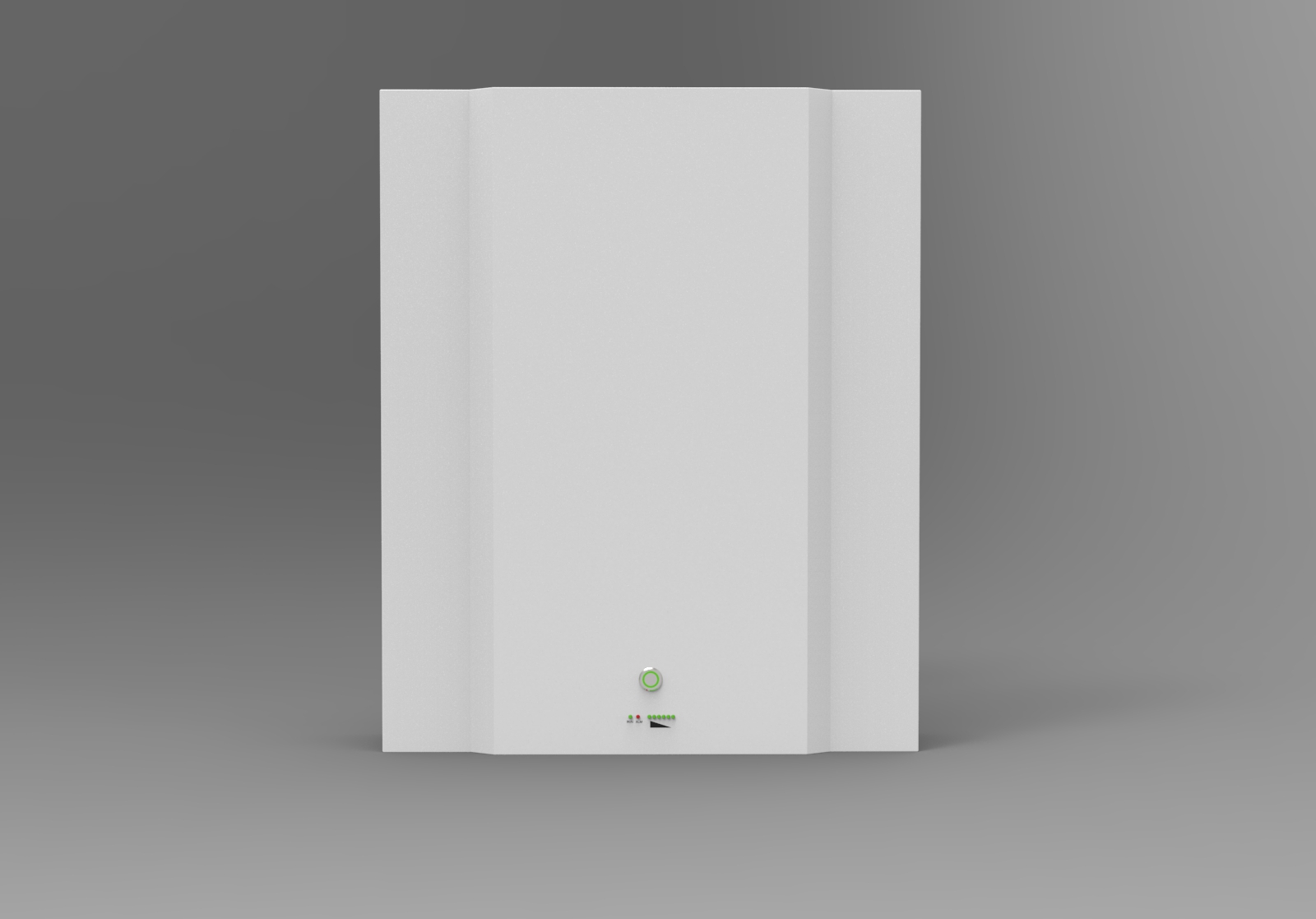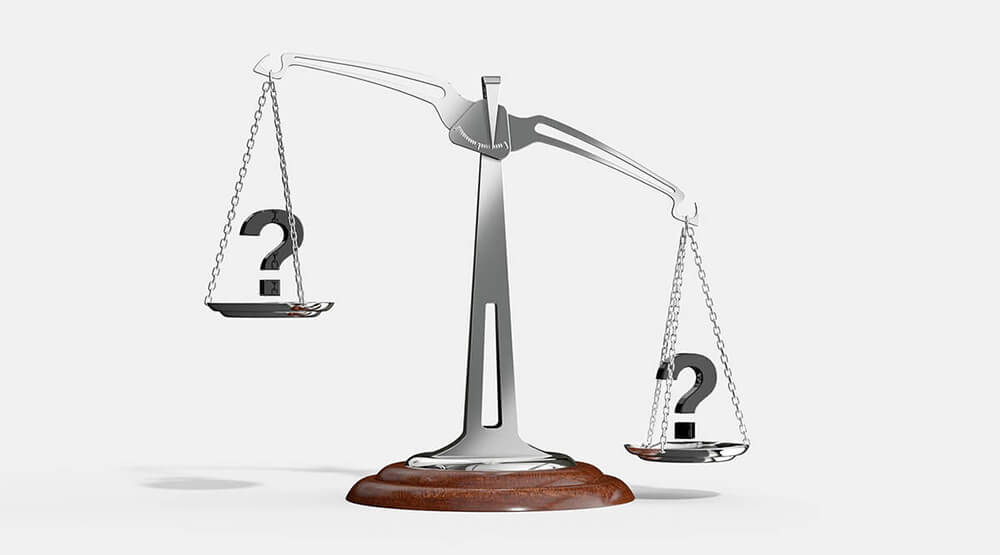From Sun to Storage: Lithium ion Battery Renewable Energy

The world is increasingly recognizing the importance of transitioning to renewable energy sources to mitigate climate change and reduce carbon emissions. Renewable energy, such as solar and wind power, is becoming more accessible and cost-effective, making it a more popular choice for consumers and businesses alike.
However, one of the challenges of renewable energy is that it can be intermittent, and energy storage is needed to ensure a consistent and reliable energy supply. This is where lithium-ion batteries come in. Lithium-ion batteries have become a popular energy storage technology, offering high energy density, long lifespan, and fast charging capabilities.
In this blog, we will delve deeper into the role of lithium-ion batteries in the renewable energy industry, exploring their significance, applications, and potential for the future.
Lithium Ion Batteries - Overview
(1) Definition and Structure of Lithium-Ion Battery
lithium-ion batteries are rechargeable batteries that use lithium ions as the primary component of their electrolyte. They typically consist of one or more cells that store electrical energy, and each cell consists of a positive electrode, a negative electrode, and an electrolyte solution. The positive electrode is made of a lithium-based compound, such as lithium cobalt oxide or lithium iron phosphate, while the negative electrode is typically made of graphite.
(2) How Does a Lithium-Ion Battery Work?
During charging, lithium ions move from the positive electrode to the negative electrode, where they are stored in the graphite layers. During discharging, the lithium ions move back to the positive electrode through the electrolyte, releasing energy in the process. This movement of lithium ions is facilitated by the movement of electrons through an external circuit, creating an electrical current.

(3) Advantages of Lithium-Ion Batteries
High Energy Density: Lithium-ion batteries have high energy density, and they can store more energy in a smaller size and weight. This makes them ideal for portable electronic devices such as smartphones and laptops, where small size and light weight are important factors.
Low Self-Discharge Rate: Lithium-ion batteries have a low self-discharge rate, making them ideal for applications where the battery may be idle for a period of time, such as emergency backup systems.
Long Lifespan: They can last for years if cared for and maintained properly, making them a cost-effective option in the long run.
Fast Charging: Lithium-ion batteries feature fast charging to charge devices quickly and efficiently. This is because of their ability to accept high current charging without damaging the battery, making them ideal for electric vehicles.
No Memory Effect: Lithium-ion batteries do not have a memory effect, which occurs when the battery becomes less efficient at holding a charge after repeated charge and discharge cycles. This means that a lithium-ion battery can be charged at any point in its discharge cycle without affecting its overall lifespan or capacity.
Environmentally Friendly: Lithium-ion batteries are considered environmentally friendly because they do not contain harmful heavy metals, and in addition, they can be recycled, reducing waste and the need to produce new batteries.
Application of Lithium ion Battery Renewable Energy
Lithium-ion batteries have become an increasingly important component in the field of renewable energy due to their ability to store energy from intermittent sources such as solar and wind power. Here are some key applications of lithium-ion batteries in the field of renewable energy:
(1) Energy Storage for Grid Stabilization
Lithium-ion batteries are being increasingly used for grid stabilization by storing excess energy generated from renewable sources such as wind and solar power.
This stored energy can be released during peak demand periods or when renewable energy generation is low, helping to balance the electrical grid.
The use of lithium-ion batteries for grid stabilization can reduce the need for fossil fuel-based power generation and increase the utilization of renewable energy, leading to a more sustainable energy mix.
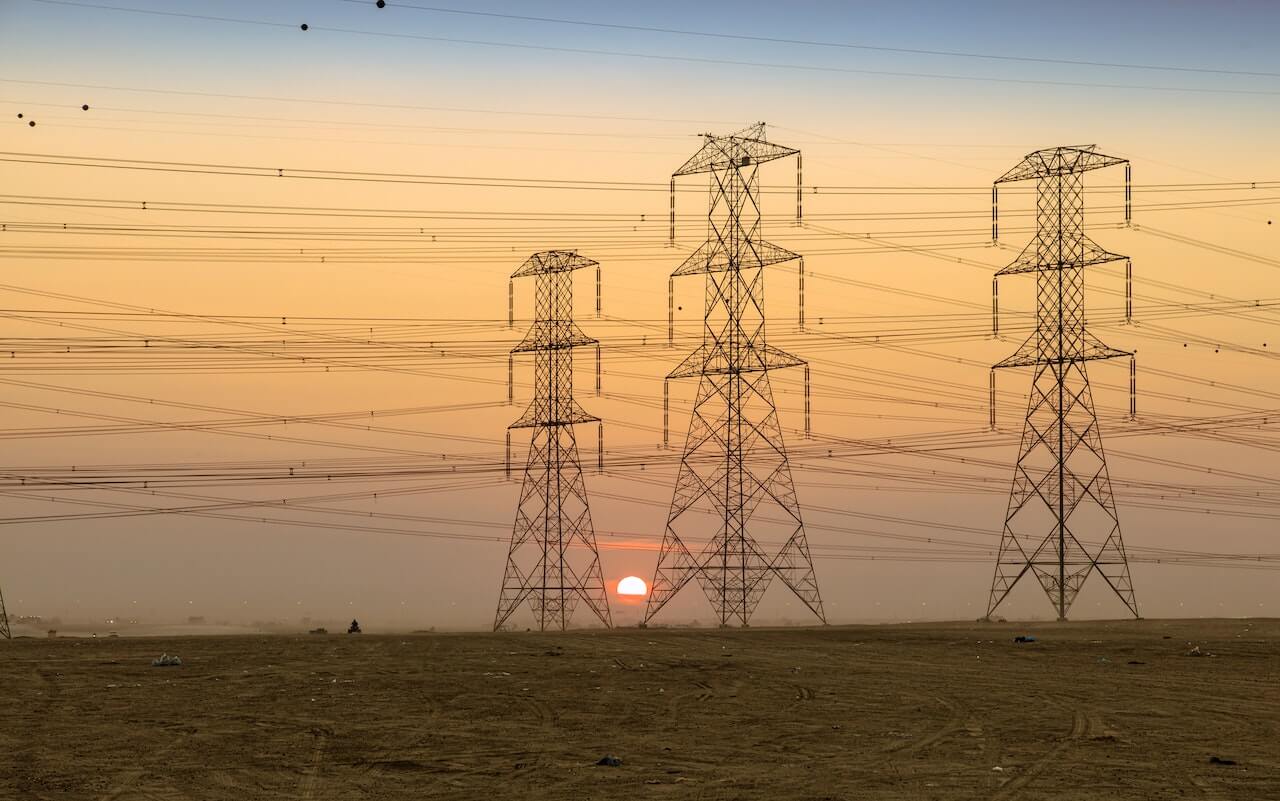
(2) Residential and Commercial Energy Storage
Lithium-ion batteries are being used for residential and commercial energy storage, allowing homeowners and businesses to store energy generated from rooftop solar panels.
This stored energy can be used during periods of high demand or when the sun is not shining, reducing reliance on the electrical grid and increasing self-sufficiency.
The use of lithium-ion batteries for energy storage can also help reduce electricity bills and promote sustainable living.
(3) Electric Vehicles
Lithium-ion batteries are the preferred energy storage technology for electric vehicles due to their high energy density, long lifespan, and fast charging capabilities.
The use of electric vehicles can significantly reduce the carbon footprint of the transportation sector and help to reduce reliance on fossil fuels.
The mass adoption of electric vehicles powered by lithium-ion batteries could be a key driver for the transition to a sustainable energy future.
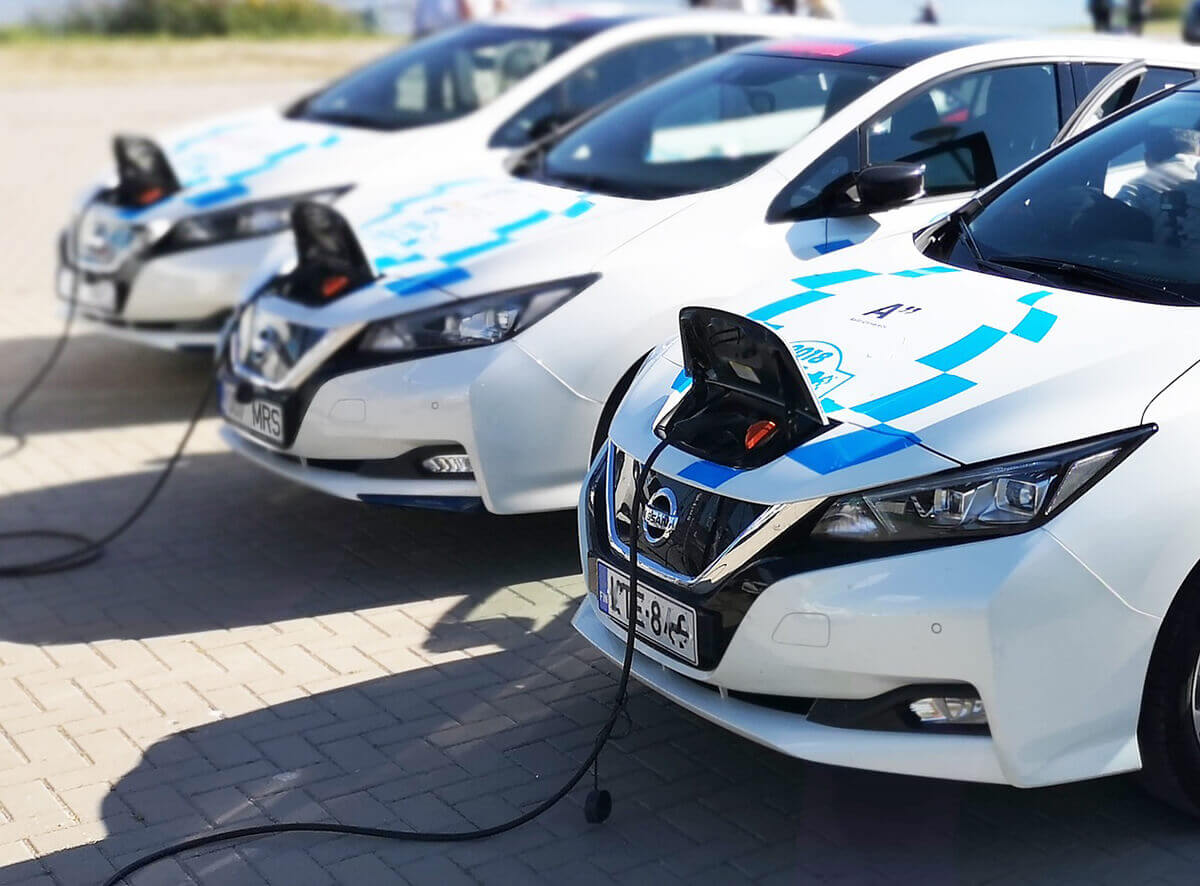
(4) Remote and Off-Grid Applications
Lithium-ion batteries are used in remote and off-grid applications where access to grid power is limited or non-existent. For example, lithium-ion batteries can provide energy storage for telecommunications towers, oil rigs, and other remote installations.
This allows these installations to function without relying on the grid and reduces the need for diesel generators, which are less efficient and produce more emissions.
(5) Energy Storage for Emergency Backup
Lithium-ion batteries can provide emergency backup power in the event of a grid outage. This is particularly important for critical infrastructure such as hospitals and emergency services, which must remain operational during power outages.
The use of lithium-ion batteries for emergency backup power can reduce the reliance on fossil fuel-based backup generators, which are typically less efficient and produce more emissions.
Lithium-ion Battery Compared to Others
| Technology | Compared |
| Energy Density | Lithium-ion batteries have a higher energy density, this means that they can store more energy in a smaller volume, making them ideal for applications where space is limited, such as in electric vehicles or portable electronic devices.
In contrast, other types of batteries, such as lead-acid or nickel-cadmium batteries, have a lower energy density and require more space to store the same amount of energy. |
| Cycle Life | Lithium-ion batteries has longer cycle lifespan. They can withstand a higher number of charge and discharge cycles compared to other batteries, making them more durable and reliable for energy storage applications. This is especially important for renewable energy systems, which require a long-term and stable energy storage solution. |
| Efficiency | Lithium-ion batteries are also highly efficient at storing and releasing energy. They can convert up to 95% of the energy stored in them, making them a more efficient energy storage option compared to other technologies such as lead-acid batteries. This efficiency translates to lower energy costs and better overall performance. |
| Self-Discharge Rate | Lithium-ion batteries have a low self-discharge rate, which means they can retain their stored energy for longer periods without the need for constant recharging. This makes them a more reliable energy storage option for applications where a constant and reliable power supply is needed. |
| Environmental Impact | Lithium-ion batteries are generally considered to be a more sustainable option compared to other energy storage technologies. They do not contain toxic materials such as lead and cadmium, which can be harmful to the environment and human health.
Additionally, they have a lower carbon footprint compared to other batteries, making them a more eco-friendly choice for energy storage. |
While lithium-ion batteries have several advantages over other energy storage technologies, they do have some limitations. For example, they can be more expensive compared to other batteries, and their production requires rare and expensive materials such as cobalt and lithium. Additionally, they can pose safety risks if not manufactured and operated correctly.
Overall, lithium-ion batteries are a promising energy storage technology in the renewable energy sector. Their high energy density, long cycle life, and efficiency make them an ideal solution for a wide range of applications. However, it is important to continue research and development in this field to further improve the technology and address its limitations.
Trends and Advances in Li-ion Battery Technology
As lithium-ion batteries continue to play an increasingly important role in the renewable energy sector, there are several emerging trends and advancements in this technology that are worth noting.
(1) Solid-state lithium-ion battery
This battery use a solid electrolyte instead of a liquid one, which can improve safety and energy density while reducing the risk of leaks or fires. Solid-state batteries are still in the early stages of development, but they have the potential to be a significant advancement in lithium-ion battery technology.
(2) Lithium iron phosphate (LFP) battery
In renewable energy applications, LFP batteries are safer, more durable, and less expensive than traditional lithium-ion batteries, making them an attractive option for large-scale energy storage projects.
And advancements in battery management systems (BMS) are also improving the performance and longevity of lithium-ion batteries. BMS technology can monitor and control the charging and discharging of batteries, which can extend their lifespan and improve their efficiency.
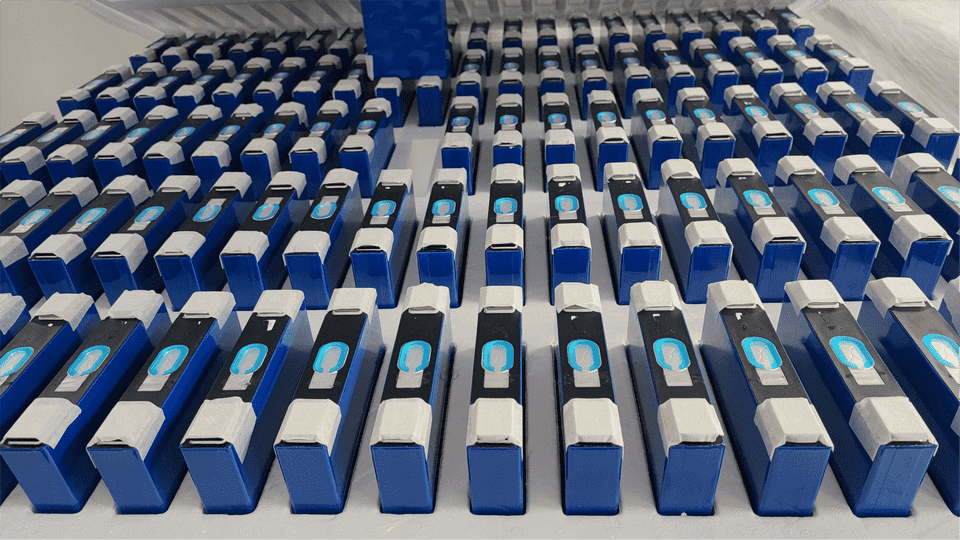
(3)Recycling technologies
In addition, researchers are exploring ways to improve the sustainability of lithium-ion batteries. This includes the development of recycling technologies that can recover valuable materials from used batteries and reduce the environmental impact of battery disposal.
As these trends and advancements continue to evolve, lithium-ion batteries are likely to become even more efficient, cost-effective, and sustainable, making them a critical technology for the transition to a cleaner and more sustainable energy system.
Summary
Lithium-ion batteries are a popular energy storage technology that offers many advantages over other types of batteries. Their high energy density, long cycle life and fast charging capability make them ideal for applications in the renewable energy industry.
Despite certain challenges such as safety concerns, resource scarcity, and environmental impact, lithium-ion batteries are expected to have a significant impact on the industry, especially in grid-scale energy storage, transportation, and residential and commercial energy storage.
With the continuous advancement of technology and the reduction of cost, lithium-ion batteries are likely to remain the first choice for energy storage in the renewable energy industry in the future.
Learn More Top Questions About Lithium Batteries.
Best Battery Options for Energy Storage
Harveypower lithium batteries - the perfect choice for all your energy storage needs, offering the highest quality, reliability, and performance.
From residential and commercial energy storage to grid-scale applications and beyond, our advanced lithium-ion batteries provide fast charging, long cycle life, and exceptional energy density, ensuring you have the power you need, when you need it.
At Harveypower, we pride ourselves not only on our exceptional team of 68 highly-skilled engineers but also on the quality of our products.
Our lithium-ion batteries are manufactured using industry-leading CATL cells, offering unparalleled performance and reliability. With over 6,000 cycles, and the batteries provide an impressive lifespan, making them the ideal solution for any energy storage application.
We're so confident in our products that we offer a 6-year quality assurance, ensuring that our customers have peace of mind and can trust in the reliability and longevity of their investment.
When it comes to energy storage, don't settle for second-best - choose Harveypower lithium batteries for a smarter, more sustainable energy future.
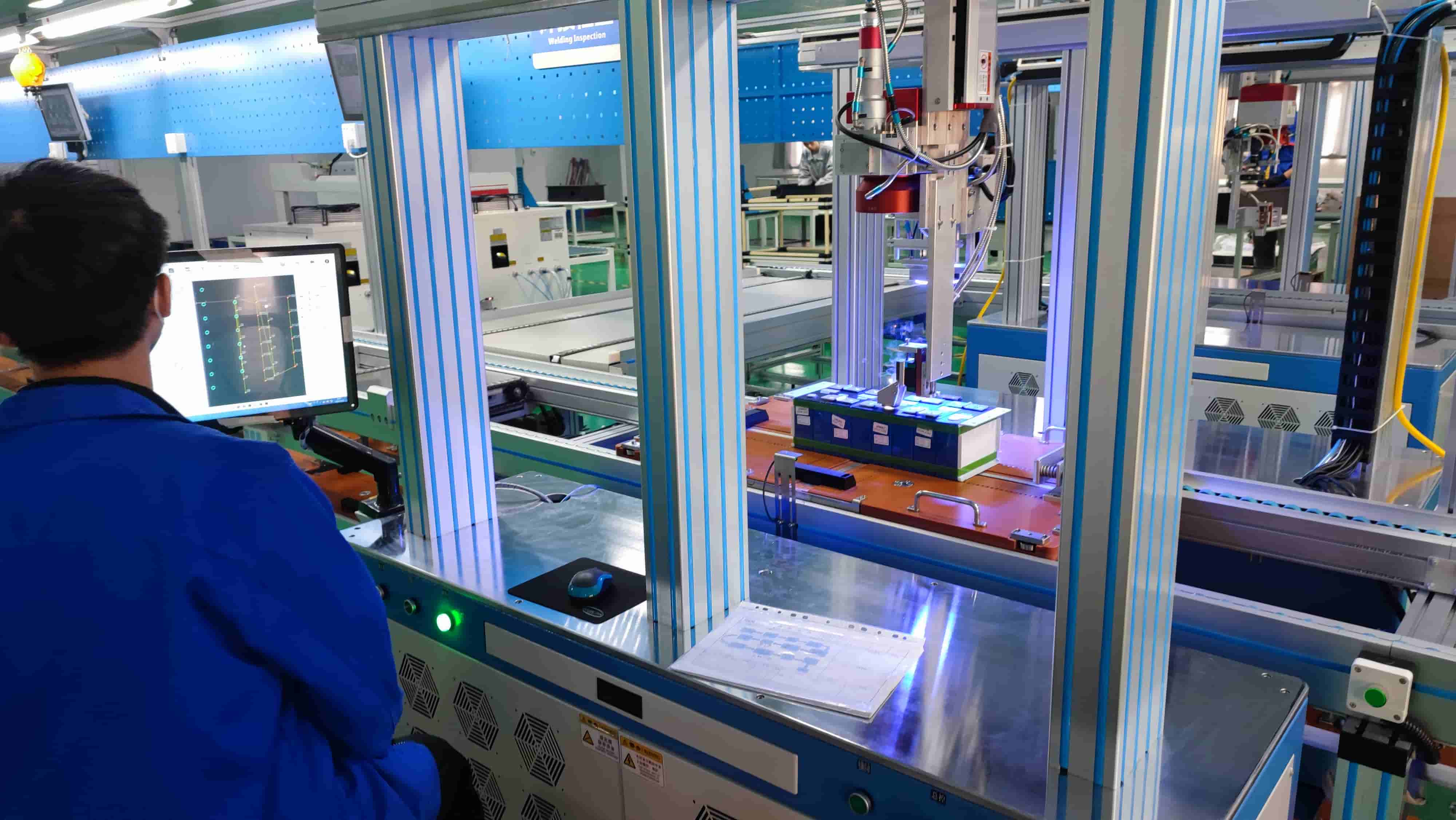
Harveypower china lithium battery manufacturer
